What is Rukobia (fostemsavir) for?
Rukobia (fostemsavir) is a first-in-class attachment inhibitor for the treatment of HIV-1. In combination with other antiretrovirals, Rukobia (fostemsavir) is indicated for the treatment of HIV-1 infection in heavily treatment-experienced adults with multidrug-resistant HIV-1 infection failing their current antiretroviral regimen due to resistance, intolerance, or safety considerations.[1]
How does Rukobia (fostemsavir) work?
The active ingredient in Rukobia is fostemsavir. Fostemsavir is a first-in-class HIV-1 attachment inhibitor.[2]
Attachment inhibitors are a type of drug that bind to the glycoprotein 120 (gp120), found on HIV’s outer surface. This prevents the virus from binding to the CD4 receptor, that is present on the surface of the host immune system’s T cells.
Upon oral administration of Rukobia, fostemsavir is converted to temsavir, which is then absorbed and binds directly to gp120, preventing virus entry. This will prevent the virus from infecting CD-positive cells and from multiplying.[2]
Where has Rukobia (fostemsavir) been approved?
Rukobia (fostemsavir) was approved for for the treatment of HIV-1 infection by:
- Food and Drug Administration (FDA), USA on July 2, 2020 [1,4,5]
Please note that this medicine may have also been approved in other regions than the ones we’ve listed. If you have a question about its approval in a specific country feel free to contact our support team.
How is Rukobia (fostemsavir) taken?
The standard dosage is:
- One 600 mg tablet taken orally twice daily with or without food. Swallow tablets whole. Do not chew, crush, or split tablets.[2]
Complete information about Rukobia (fostemsavir) dosage and administration can be found in the official prescribing information listed in our references section.[2]
Please consult with your treating doctor for personalised dosing and potential drug interactions.
Are there any known side effects or adverse reactions of Rukobia (fostemsavir)?
Common adverse reactions
The most common adverse reactions listed in the prescribing information is nausea.[2]
Serious adverse reactions
The serious adverse reactions listed in the prescribing information include:[2]
- Immune reconstitution syndrome has been reported in patients treated with combination antiretroviral therapies.
- QTc prolongation: Use Rukobia with caution in patients with a history of QTc prolongation or with relevant pre-existing cardiac disease or who are taking drugs with a known risk of Torsade de Pointes.
- Elevations in hepatic transaminases in patients with hepatitis B or C virus co-infection: Elevations in hepatic transaminases were observed in a greater proportion of subjects with HBV and/or HCV co-infection compared with those with HIV mono-infection.
- Risk of Adverse Reactions or Loss of Virologic Response Due to Drug Interactions: The concomitant use of Rukobia and certain other drugs may result in known or potentially significant drug interactions, some of which may lead to: 1) Loss of therapeutic effect of Rukobia and possible development of resistance due to reduced exposure of temsavir; 2) Possible prolongation of QTc interval from increased exposure to temsavir.
Contraindications
Hypersensitivity to fostemsavir or any of the components of the formulation.
Coadministration with strong cytochrome P450 (CYP)3A inducers as significant decreases in temsavir plasma concentrations may occur, which may result in loss of virologic response.

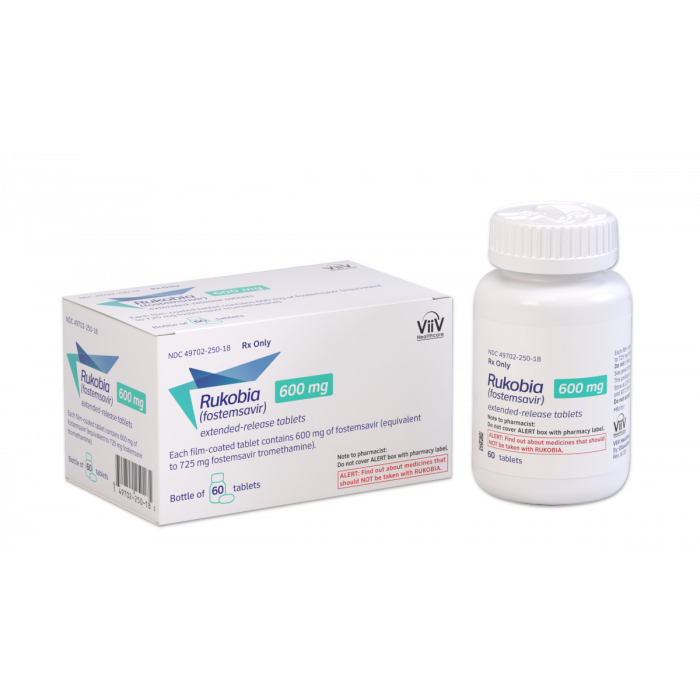

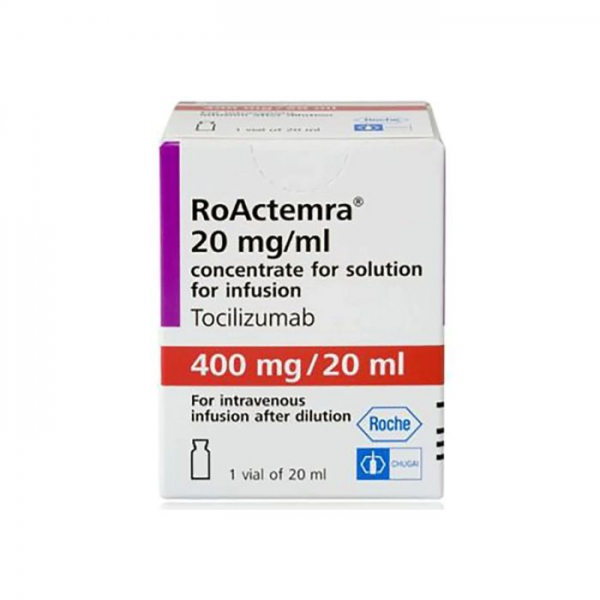
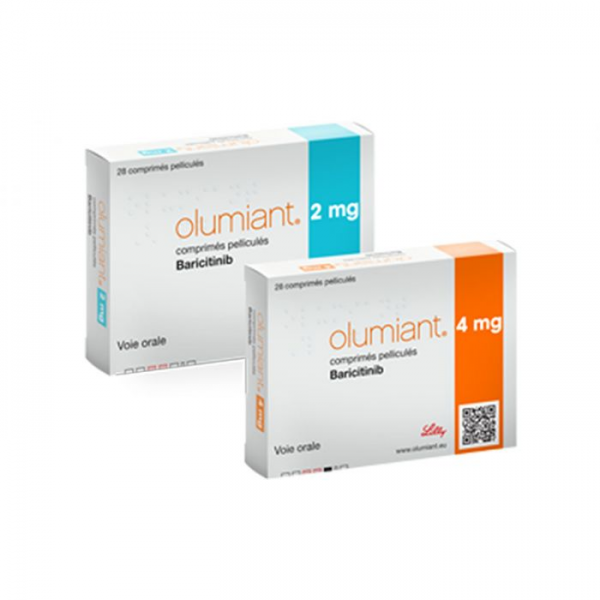
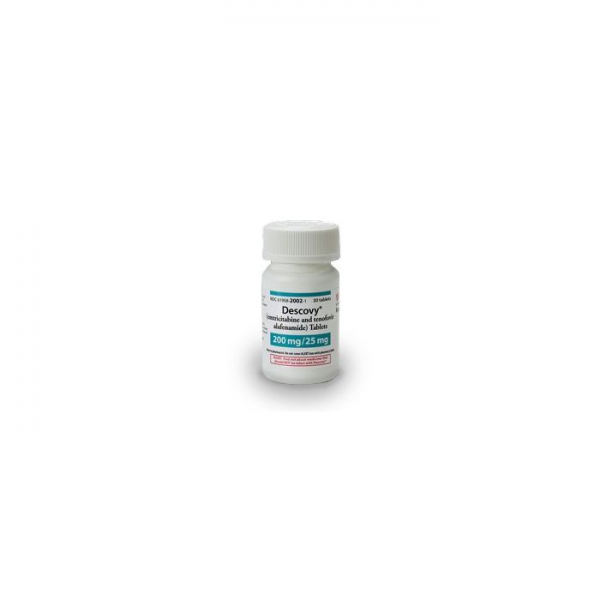
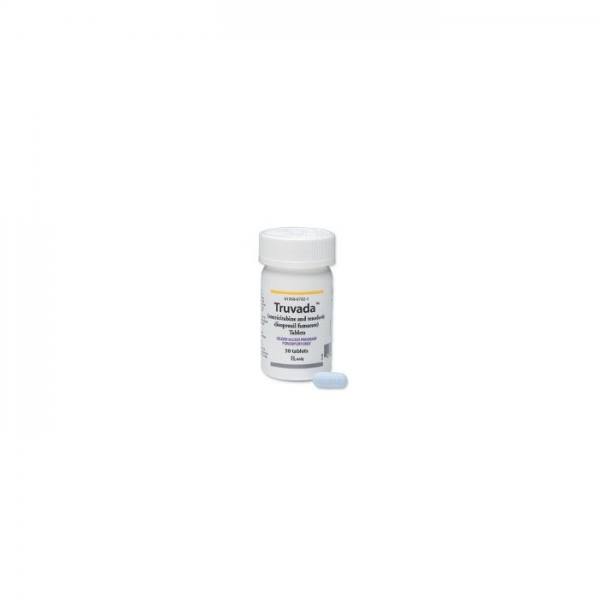
Reviews
There are no reviews yet.